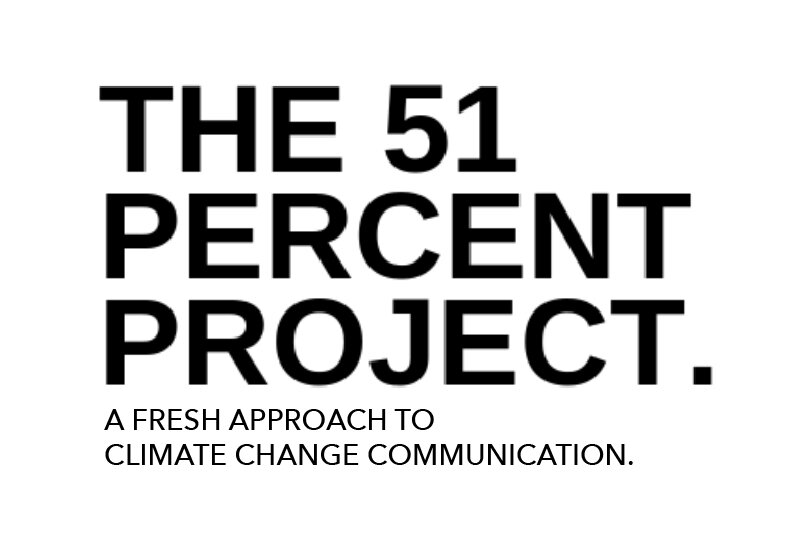Do scientists agree on climate change?
Yes, the science is settled. The world’s leading scientists agree that humans are causing global warming and climate change. Top science organizations around the world have issued public statements expressing this, including international and U.S. science academies, the United Nations Intergovernmental Panel on Climate Change, and a whole host of reputable scientific bodies around the world. A list of these organizations is provided here. — NASA website
When do 97% of people agree on anything, even ice cream? In scientific circles, consensus is a rare trophy, held to famously exacting standards. When a scientific consensus is finally reached — e.g., the Earth orbits the sun; water freezes at 32°F, 0°C; blood is red —a new fact joins the foundations of human discovery. The scence is settled on climate change, and field-testing proves that this consensus is a powerful data point for persuading people that the issue demands their attention.
According to Covering Climate Now: “few if any scientific issues have been studied and debated as much as climate change. The scientific consensus is overwhelming and durable. In this article, Kate Marvel, a NASA climate scientist, says: ‘We are more sure that greenhouse gasses are causing climate change than we are that smoking causes cancer.’”
Image courtesy Matt Birdoff, Director of Brand Strategy, SJI
Under normal circumstances, a 97% consensus of the world’s leading scientists on anything would establish it as fact and compel action if needed. But our circumstances are not normal. Only 12% of Americans realize that that the scientific consensus on climate change is greater than 90%. Even among people who are Alarmed or Concerned about climate change, the consensus is somewhat unknown. Of the Alarmed, 84% understand the scientific consensus on climate change (16% do not); and 73% of the Concerned (27%).
This is a great opportunity for climate communicators. Researchers have found that the scientific consensus is a powerful motivating factor for people to take the threat of climate change seriously. The consensus is a “gateway belief” to unlock awareness that climate change is happening, human-caused and a worrisome threat.
Background:
In 2004, Naomi Oreskes published The Scientific Consensus on Climate Change, in which she established the substantive “scientific consensus on the reality of anthropogenic climate change.” The paper was widely cited, including in the Academy-award winning movie An Inconvenient Truth.
Several years went by. CO2 emissions continued their upward trend.
A team of scientists led by John Cook decided to revisit Oreskes’s findings and provide an update. After examining 21 years of published papers and over 12,000 abstracts, in 2013 Cook et al. published Quantifying the consensus on anthropogenic global warming in the scientific literature. The conclusion: 97% of scientists agree.
Cook’s paper went viral, in the manner of an academic paper with nine authors and twenty-three references; as I write, it has been downloaded 862,789 times. An advertising director named Matt Birdoff, of SJI in New York, proposed a pro-bono social-media campaign: The Consensus Project. “Matt’s website was terrific, and it was helpful in raising awareness of the paper.” Cook says. “An AP journalist wrote about it, and President Obama tweeted a link to the article. I’m thinking, that’s a big deal!”
But then, the 97% Consensus balloon popped.
In the world of climate solutions, which is populated with world-class heroes and also villains, you’re onto something powerful when the trolls come out and the deniers kick in. And so it went for Cook: “’The Lie of the Century!’ read one especially virulent headline. Cook decided to refute the noisy (and unfounded) claims. “I got together six of the other consensus people, my heroes [Oreskes, Ed Maibach, and four others], and we co-authored a rebuttal to say, We agree with each other.” “The Consensus on the Consensus” was published in 2016:
“We examine the available studies and conclude that the finding of 97% consensus in published climate research is robust and consistent with other surveys of climate scientists and peer-reviewed studies.”


